With the turn of the year on the horizon, Attention is gradually fixed on the team allocations in anticipation of the upcoming biennial competition set to kick off in January.
The draw for the 2023 Africa Cup of Nations (Afcon) unfolded on Thursday, October 12, at the Abidjan Exhibition Center in Abidjan, Ivory Coast.
With 24 teams from across the continent, the tournament structure took shape as the teams were divided into four sets and assigned to six groups.
Scheduled to commence on January 13 and culminate on February 11, the upcoming edition of the Afcon beckons scrutiny into each group, the participating teams, and their historical achievements in Africa’s premier football event.
Let’s delve into each group, examining the teams and their past successes in this highly anticipated competition.
Group A Comprising hosts Ivory Coast, Nigeria, Equatorial Guinea, and Guinea-Bissau, this pool presents a formidable lineup. Ivory Coast, crowned champions in 1992 and 2015, with runner-up finishes in 2006 and 2012, poses a significant challenge. Nigeria, the most successful in this group with titles in 1980, 1994, and 2013, along with several runner-up appearances, adds further excitement. Equatorial Guinea and Guinea-Bissau, though yet to secure a title or reach the finals, bring an element of unpredictability.
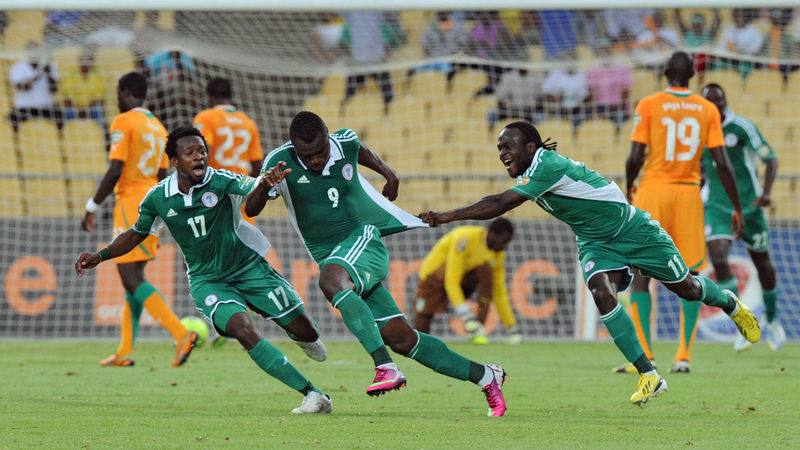
Group B Featuring Egypt, Ghana, Cape Verde, and Mozambique, Group B boasts an impressive array of football talent. Egypt, seven-time champions, and Ghana, with titles in 1963, 1965, 1978, and 1982, promise intense competition. Cape Verde and Mozambique, still striving for a finals berth, add an intriguing dynamic to the group.
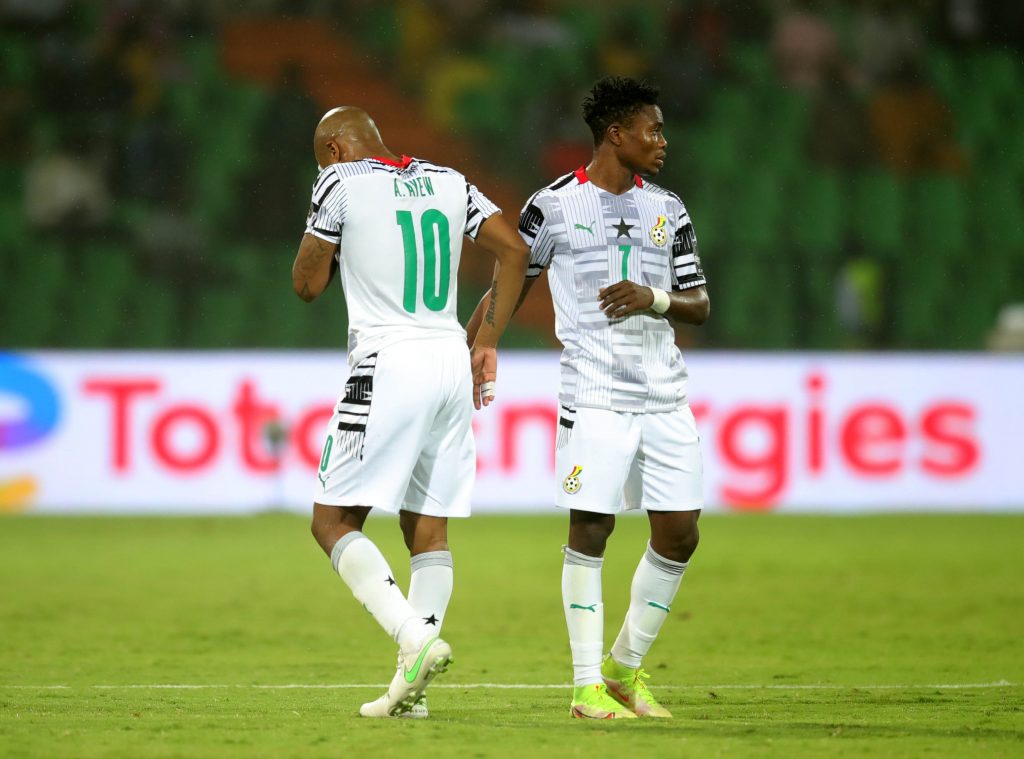
Group C Defending champions Senegal headline Group C, accompanied by Cameroon, Guinea, and Gambia. Senegal, after being runners-up in 2002 and 2019, clinched their maiden title in 2021. Cameroon, the most successful in the group with titles in 1984, 1988, 2000, 2002, and 2017, presents a formidable challenge. Guinea and Gambia aim to make their mark in this group.
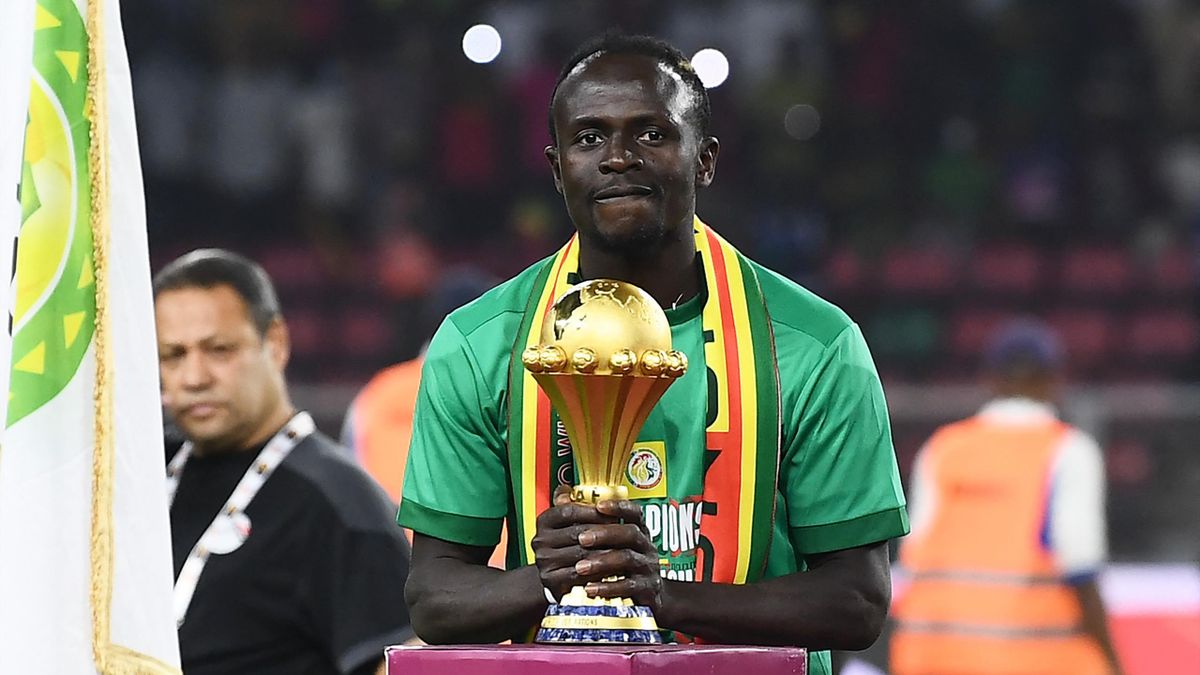
Group D Algeria, Burkina Faso, Mauritania, and Angola vie for the top positions in Group D. Algeria, winners in 1990 and 2019, with a runners-up finish in 1980, stand out. Burkina Faso reached the finals in 2013, while Mauritania and Angola seek to navigate through this competitive pool.
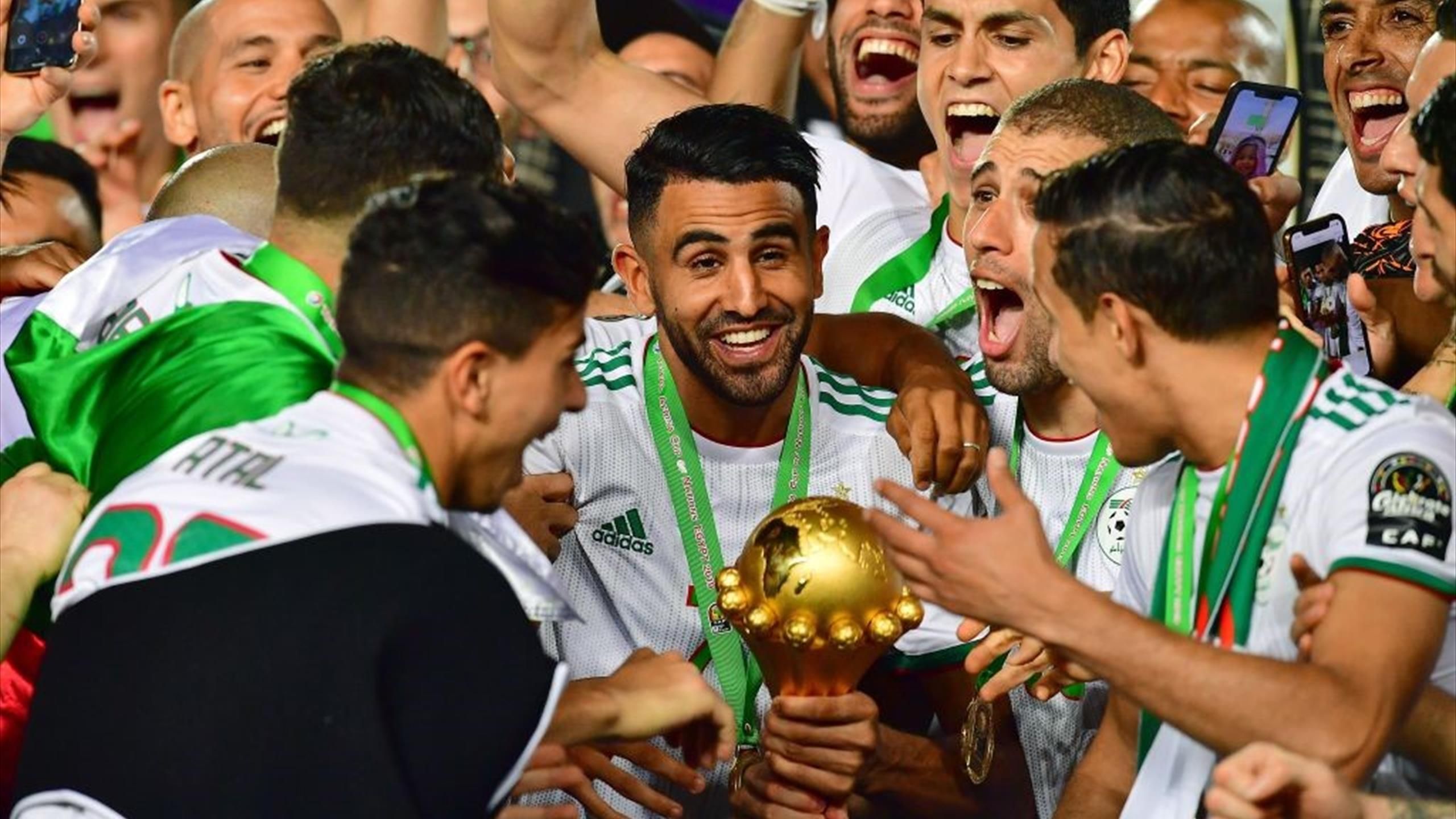
Group E Tunisia, Mali, South Africa, and Namibia constitute Group E. Tunisia, champions in 2004, South Africa with a triumph in 1996, and Mali, 1972 runners-up, promise captivating clashes. Namibia seeks to make an impact in a group where each team brings a unique footballing history.
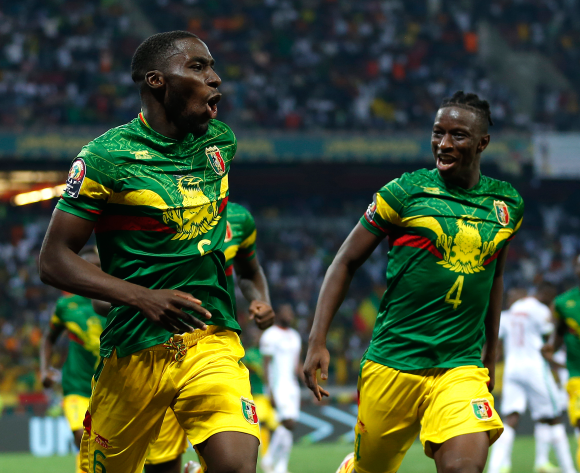
Group F In the final group, Morocco, the Democratic Republic of Congo, Zambia, and Tanzania set the stage for compelling matchups. Morocco, with a lone triumph in 1976, faces strong competition from the two-time champions, the Democratic Republic of Congo. Zambia, victorious in 2012, aims to replicate success, while Tanzania seeks to surpass the group stage.
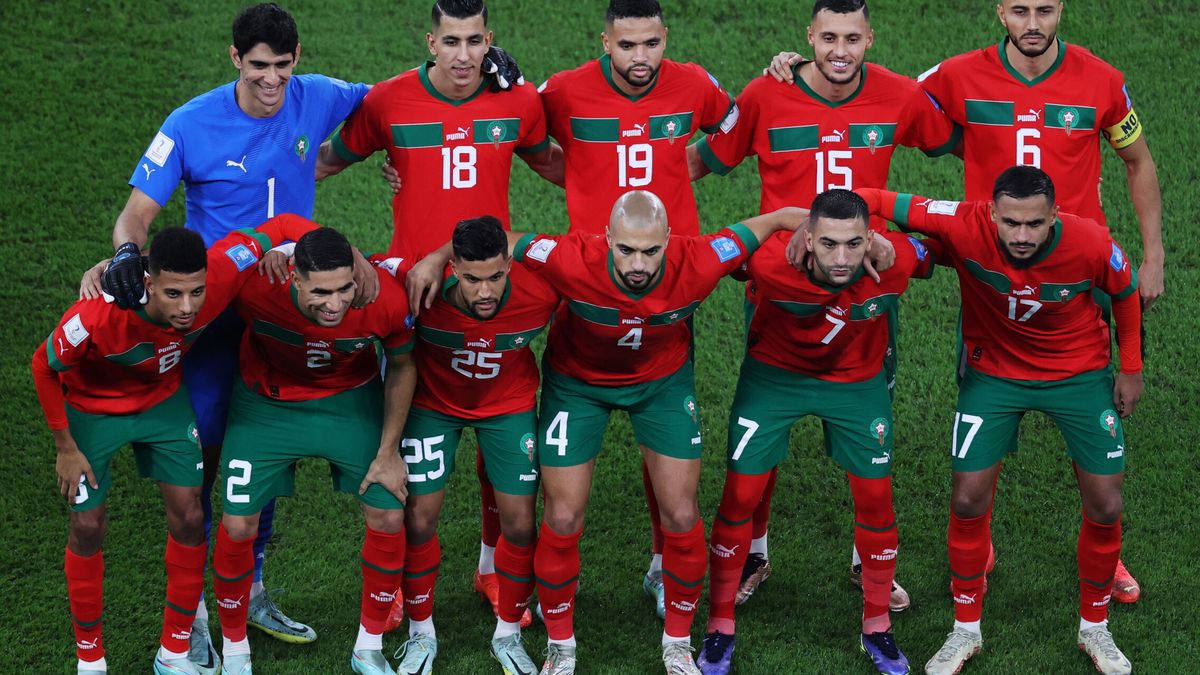
The countdown to the 2023 Afcon has begun, and each group holds the promise of thrilling encounters and captivating narratives.





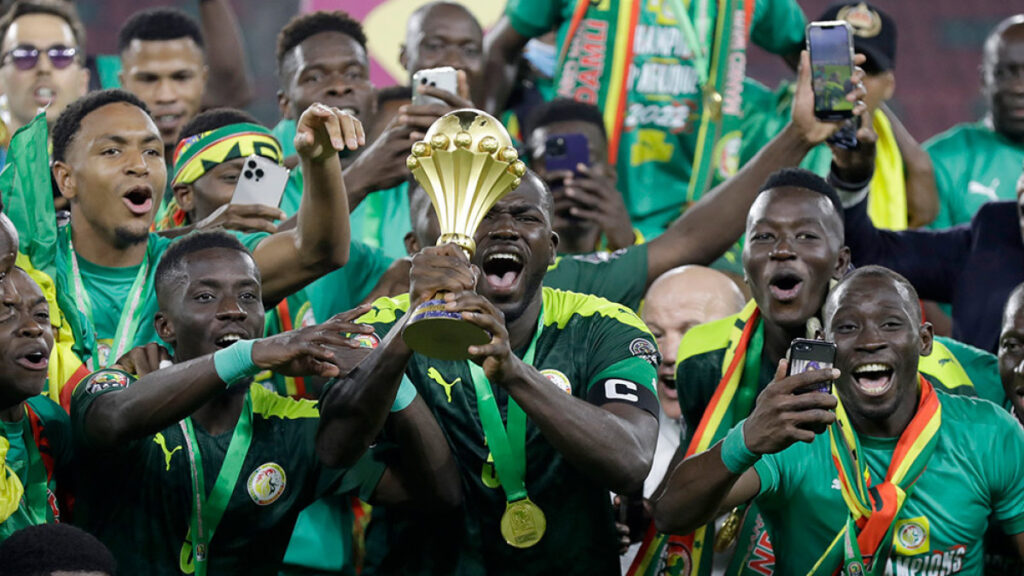
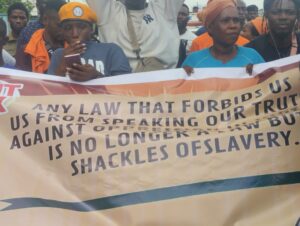


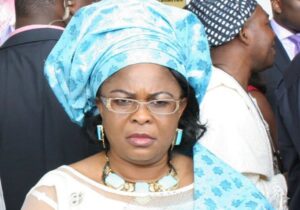
More Stories
Amorim insists Fernandes not leaving Manchester United amid Madrid reports
How debt burden pushed Nigerian boxer Segun Olanrewaju to a fight that took his life
Nigeria Taekwondo Federation boss, Abdullahi Saidu dies at 53